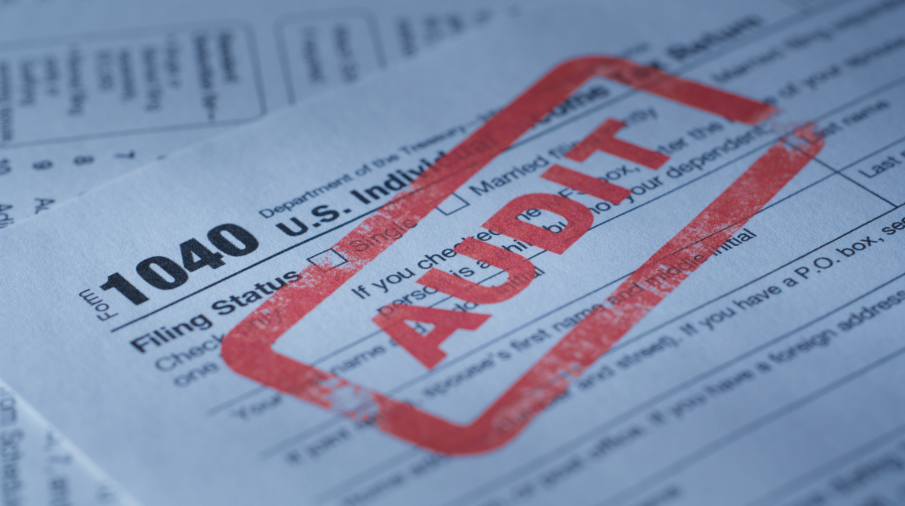As a business owner or individual taxpayer, facing an IRS audit can be a daunting and stressful experience. However, by understanding the IRS’s audit procedures and the limitations on how far back they can go, you can better prepare for and navigate the process. Arming yourself with knowledge about what triggers an audit, the necessary documentation, and the typical timeline can help mitigate the uncertainty and stress associated with an IRS investigation.
What Triggers an Audit?
The Internal Revenue Service (IRS) selects tax returns for audits based on a variety of factors. Some common triggers for an IRS audit include:
- Random selection: The IRS randomly selects a certain number of tax returns each year for auditing, even if there are no obvious issues.
- Math errors: Mistakes in calculations or transposing numbers on your tax return can raise red flags and lead to an audit.
- High income: Individuals or businesses with high incomes or unusual deductions are more likely to be audited.
- Referrals: The IRS may receive referrals from other government agencies or whistleblowers that prompt an audit.
- Lifestyle changes: Sudden changes in your lifestyle or spending habits that don’t match your reported income can trigger an audit.
How Long Does It Take for the IRS to Audit Businesses?
The length of an IRS audit can vary significantly depending on the complexity of the case and the thoroughness of the investigation. On average, a small business audit can take anywhere from 6 to 12 months to complete. However, more complex audits involving large corporations or extensive financial records can take several years to resolve.
Statute of Limitations: How Far Back Can the IRS Go?
The IRS generally has three years from the date you filed your tax return to initiate an audit. However, there are exceptions that can extend this statute of limitations:
- Six years: The IRS can go back six years if they believe you underreported your income by more than 25% of the amount you should have reported.
- Unlimited time: There is no time limit if the IRS suspects you filed a fraudulent tax return or failed to file a return at all.
- Amended returns: The statute of limitations restarts if you file an amended tax return.
It’s important to understand these rules and be prepared to provide documentation for any tax year the IRS may examine. Staying organized and compliant can help minimize the stress and disruption of an IRS audit.
What Documents Will You Need During an Audit?
If the IRS selects your tax return for an audit, you’ll need to be prepared to provide a variety of documents to support the information on your return. This can include:
- Income records (W-2s, 1099s, pay stubs, etc.)
- Receipts and invoices for business expenses
- Bank statements and canceled checks
- Investment account statements
- Mortgage and property records
- Mileage logs for business-related travel
- Any other documents related to your income, deductions, or credits
Remember, the key to a smooth audit is maintaining meticulous records and being proactive in your communication with the IRS. By understanding your rights and responsibilities, you can minimize the impact of an audit and focus on the long-term growth and success of your business.
If you find yourself struggling at any point, don’t hesitate to seek help. Book a consultation with us at www.qbtconsulting.com, We can provide expert advice and ensure your financial records are in order, giving you peace of mind. Also, make sure to stay up to date with latest tax and bookkeeping news on our blog.
The information provided here is for educational purposes only and does not constitute legal, financial, or tax advice. QBT Consulting strongly recommends consulting a qualified professional before taking any actions based on the contents of this post. QBT Consulting assumes no liability for actions taken in reliance on the information provided. Seek expert guidance tailored to your specific circumstances.


